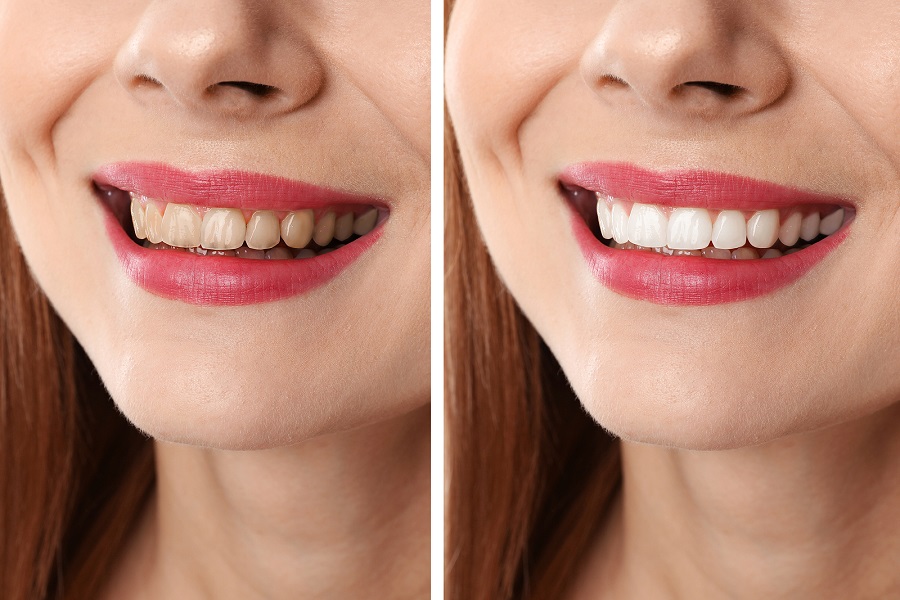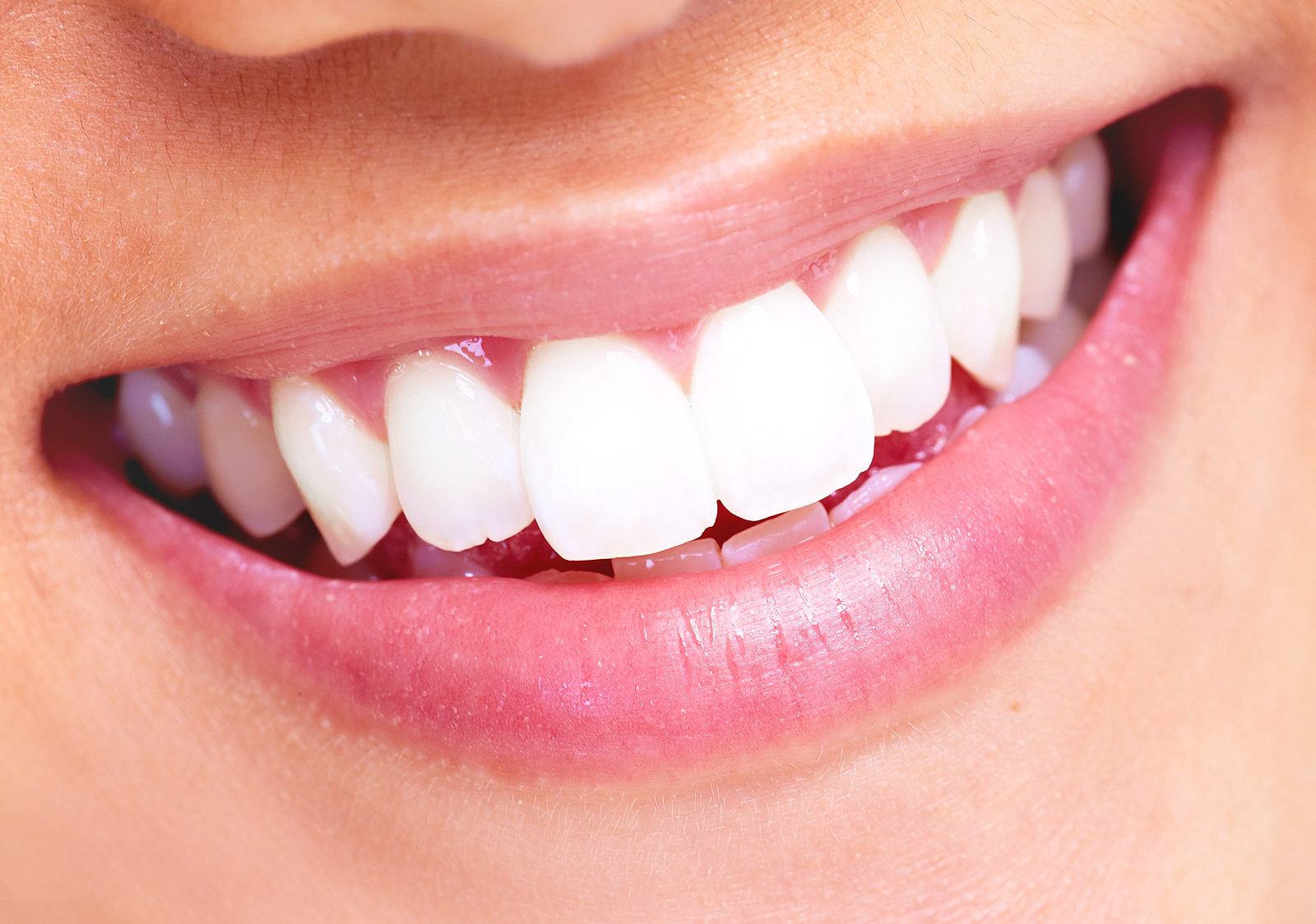HOW TO PREPARE FOR ORAL COSMETIC SURGERY
Cosmetic oral surgery may be elective or necessary, but the preparations for the experience remain the same. There are hundreds of different procedures to choose from to enhance your smile or improve your speech, and most of the cosmetic dental procedures with the biggest impact are surgical. Don’t be intimidated by the idea of undergoing surgery. A few preparations and the right aftercare steps will ensure you heal quickly and with as little pain as possible.
PREPARING THE NIGHT BEFORE FOR ORAL COSMETIC SURGERY
If you are being given sedation or anesthesia, your dentist will advise you not to eat or drink anything in the 12 hours preceding the surgery. This is to prevent complications from nausea or vomiting while you’re sedated. Ask your dentist about any medications you take regularly to ensure they won’t interact with the medications used during surgery. Diabetics and other people with blood sugar issues can clear a schedule of small meals with their dentist to plan for an empty stomach during surgery without putting their health at risk by fasting.
Take any prescribed medications cleared by the dentist the morning before the surgery. Patients with severe diabetes may need advanced blood sugar monitoring and management during the procedure, so make sure you’re working closely with your dentist for a more intensive preparation process if you fall into this category. Smokers should stop smoking the morning of the surgery if possible and make arrangements for cessation tools like nicotine patches since most oral surgeries require you to avoid smoking for days or weeks to prevent dry socket.
REVIEWING THE DENTIST’S INSTRUCTIONS
Make sure you understand what you need to do after surgery before going under. Waiting until you’re groggy and in pain to receive information on post-surgical care greatly reduces the chances you’ll remember the instructions. Each type of cosmetic oral surgery is different. For example, a person who just received the initial surgery for dental implants will need a lot more rest and recuperation than someone who had a set of thin veneers added.
Talk to your insurance company in the days before the surgery as well to double-check what they’re covering. Many people change their plans with their oral surgeon and don’t inform the insurance company in time to have the new procedure approved. Of course, this isn’t an issue for completely elective cosmetic surgeries that are paid for out of pocket. Many cosmetic dental surgeries are at least partially covered by insurance plans if there’s a legitimate medical benefit, such as a reduction of a speech impediment or an easier time chewing.
PLANNING FOR AFTER THE SURGERY
Take some time to verify all your arrangements for surgical recuperation as well. Most mild oral cosmetic surgeries only require a week or two of rest, but you’ll need someone else to drive you home even if you’re only going under light sedation. If you’re using a taxi service or medical transport company, call the day before surgery so you don’t miss your appointment due to a clerical error. Go ahead and stock up on soft and nutritious foods, even if you’re only going to be on a restricted diet for a day or two. Some of the best soft and tooth-safe foods for eating during oral surgery recovery include:
- Yogurt, preferably with little to no sweetener, for the calcium and Vitamin D
- Soups, especially creamy vegetable purees like butternut squash, which supply vitamins and healthy fats
- Overcooked pastas with mild, non-acidic sauces
- Fiber supplements, especially if you’re used to a fiber-rich diet
- Smoothies, milkshakes, and similar blended drinks, with little to no ice and without a straw
- Nutritional supplements and meal replacement shakes
- Mashed potatoes, which supply more Vitamin C than you might think
- Bananas, applesauce, and soft cooked cereals like cream of wheat
- Soft cooked scrambled eggs
Ice cream and pudding may be a good dessert, but don’t eat sweets only even to comfort yourself after an uncomfortable surgery. Eating too much sugar only makes it harder for your body to keep up with the healing process. You don’t want to stifle your immune system or overload your liver at a crucial time in your recovery from surgery, so make an effort to stock up on a wider variety of foods that are easily heated in the microwave or eaten cold. This ensures you don’t just reach for the ice cream for an easy fix when you’re feeling fatigued too.
Getting everything ready in advance, right down to the clothes you’ll wear during surgery, takes a lot of the anxiety out of getting cosmetic oral surgery. Talk to your dentist or surgeon about anything else still bothering you so you can go into the chair with a clear mind.
Wisdom teeth are the last set of molars in the mouth that grow in for most people in their late teens or twenties. These teeth can be a valuable asset for your mouth to have, but if they grow in crooked or impacted, it is wise to remove them. Wisdom teeth surgery may be done one one, a couple or all four wisdom teeth. Millions of Americans have their wisdom teeth removed each year and recover quickly from this surgery. If you are planning to have wisdom teeth surgery, you will find it wise to consider this advice for successful healing.






















0 comments